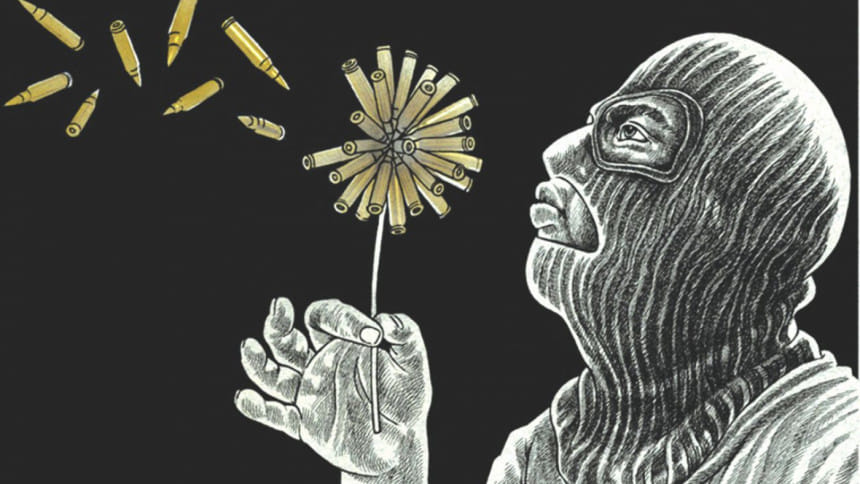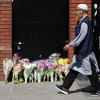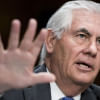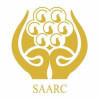Banishing Terrorism from Bangladesh Now and Forever

The so-called Islamic State, in the latest edition of its online propaganda magazine, has declared that it is preparing to "rise and expand" in Bangladesh. The recent spate of anti-secular killings underscores the seriousness of this threat. Intelligence agencies, law enforcement agencies and our leaders must all play their part in addressing the immediate threat. But over the longer term, we must address the underlying causes that have made the Bangladeshi people ripe for exploitation by terrorists.
The seeds of terrorism that have already been sown in Bangladesh's fertile soil must immediately be rooted out. The intelligence necessary to accomplish this aim must be gathered at the grassroots. Covert agents must be dispatched to all regular [so-called] religious gatherings in far flung corners of the country with the mandate to report back any and all attempts to incite violence at these gatherings.
If we are to stand any chance of eradicating terrorism from Bangladesh, law enforcement agencies must be given the prerogative to follow the evidence gathered by these and other intelligence operations, and catch the true instigators. This prerogative is hampered when our leaders baselessly declare each other to be guilty of these crimes. They must stop doing so, because it is essential to our national security that these investigations are not hindered by any political influence whatsoever.
If Osama Bin Laden's death has demonstrated anything, it is that catching the leaders of terrorist organisations, while clearly necessary, is not in itself enough to end terrorism. In the longer term, to keep Bangladesh secure, we must make it a less fertile terrorist recruiting ground. To achieve this, we must address both the current state of our education system, and the sense of disenfranchisement that terrorism thrives on.
While every investment in education has its merits, at this juncture, we must assess the costs and benefits of the madrasa systems that have been allowed to flourish in Bangladesh without sufficient regulation and oversight. We must launch a public inquiry into what is being taught at these institutions, and whether or not this education aligns with the national interests of a secular Bangladeshi state. If it does not, immediate steps must be taken to subsume this within the mainstream educational system.
None of this is to argue that Bangladeshis need to become "less" Muslim. To the contrary, the spiritual vacuum that has allowed terrorism to take root in the majority Muslim country must be filled with the real Islam. There must be a concerted effort by the ministries of education, cultural affairs and religious affairs to present precisely such a vision in our textbooks, mosques and festivals. With a view to fostering tolerance and secular values, these materials must deliberately present other religions as being a part of the fabric of Bangladeshi society.
In a Muslim majority country such as Bangladesh, terrorism can only flourish when sincere Muslims fail to take Islam's message of peace and tolerance to their wider communities. This failure to communicate with those who are less privileged and who are exposed to various intolerant interpretations under the banner of Islam sustains the spiritual vacuum and a sense of disenfranchisement that terrorist ideologies exploit to further their own agendas.
To overcome these failures, tolerant Muslims must meaningfully engage with their brethren in every far flung corner of the country. They must take Islam's message of peace and tolerance to the cesspools of violence and bigotry that have been allowed to accrete on Bangladeshi soil, in the name of Islam. They must have the courage to publicly contradict the perversions of Islam that are being promoted by terrorist ideologues.
Bangladesh has the capacity to root out the immediate terrorist threat, by sound intelligence gathering, thorough and independent police work and sensible leadership. We must also take steps to prevent the nation from becoming a future hotbed of terrorist activity. These include bringing disenfranchised children into the fold of our mainstream education system and launching a concerted effort to promote a peaceful, tolerant vision of Islam that is consistent with a secular Bangladesh to the people. Finally, and perhaps most importantly, tolerant Muslims must engage with communities that are less privileged in the teachings they have been exposed to under the banner of Islam. If we can address the spiritual vacuum and sense of disenfranchisement that terrorism feeds on, terrorist organisations, such as IS, will find no quarter in Bangladesh.
The writer is a PhD. student at the University of Sussex, U.K.

 For all latest news, follow The Daily Star's Google News channel.
For all latest news, follow The Daily Star's Google News channel. 








Comments